„Svo þið ætlið að vera ópólitískir, skilst mér“: Almenna bókafélagið, Frjáls menning og Congress for Cultural Freedom 1950-1960.
Ártal:
Bls:
DOI:
Efnisorð:
Um miðjan sjötta áratug 20. aldar náði „kalda menningarstríðið“ (e. the Cultural Cold War), sem stórveldin tvö, Bandaríkin og Sovétríkin, háðu, eins konar hámarki á Íslandi. Bæði ríkin áttu bakhjarla í íslenskum menningar- og vináttufélögum sem unnu náið með sendiráðum þeirra og öðrum stofnunum að því að efla menningartengsl og samskipti Íslendinga við stórveldin. Um þessa sögu hefur talsvert verið fjallað og þá einkum verið horft til félagsskaparins Menningartengsl Íslands og Ráðstjórnarríkjanna (MÍR), Íslenzk-ameríska félagsins og Upplýsingaþjónustu Bandaríkjanna.1 Félaginu Frjálsri menningu hefur hins vegar lítill gaumur verið gefinn en það var stofnað hér á landi árið 1957 og var hluti af alþjóðlegu samtökunum Congress for Cultural Freedom (CCF). CCF voru andkommúnísk samtök sem störfuðu í 35 löndum þegar mest lét. Í þessari grein er varpað ljósi á tengsl Frjálsrar menningar við móðursamtökin ytra en um miðjan sjöunda áratuginn var því ljóstrað upp að bandaríska leyniþjónustan, CIA, fjármagnaði CCF.
The Publisher Almenna bókafélagið and the Icelandic Committee of the Congress for Cultural Freedom, 1950–1960
In recent years, scholars dealing with the Cultural Cold War and the anti-Communist Congress for Cultural Freedom have studied relations between the CCF headquarters and the CCF branch offices operated in at least 35 countries. Based in Paris, the headquarters were clandestinely managed by officials of the American CIA, which also financed the organisation in general.
The article mainly discusses how operations of the Icelandic CCF office, which was established in March 1957, were affected by the inclusion of Iceland in CCF policy-making for the Nordic region. The publisher Almenna Bókafélagið served as a basis for operating the Icelandic CCF, as this publisher provided a robust infrastructure of people who had a range of experience, influence in various social fields and a network of connections that extended into periodicals and daily newspapers.
The article’s two-pronged conclusions are on the one hand that the Danish branch office, in consultation with CCF headquarters in Paris, saw to organising visits by foreigners to Iceland. Icelanders appear to have had little say in choosing such guests, with the CCF footing the bill for visitor costs. The second concluding revelation is that CCF policy is evident in the subject matter chosen for three different Icelandic periodicals, though it may come as a surprise that the main impact was a greater emphasis on cultural material, avant-garde Icelandic poetry and abstract art. Correspondingly, the periodicals demonstrate less emphasis on anti-Communist propaganda.

